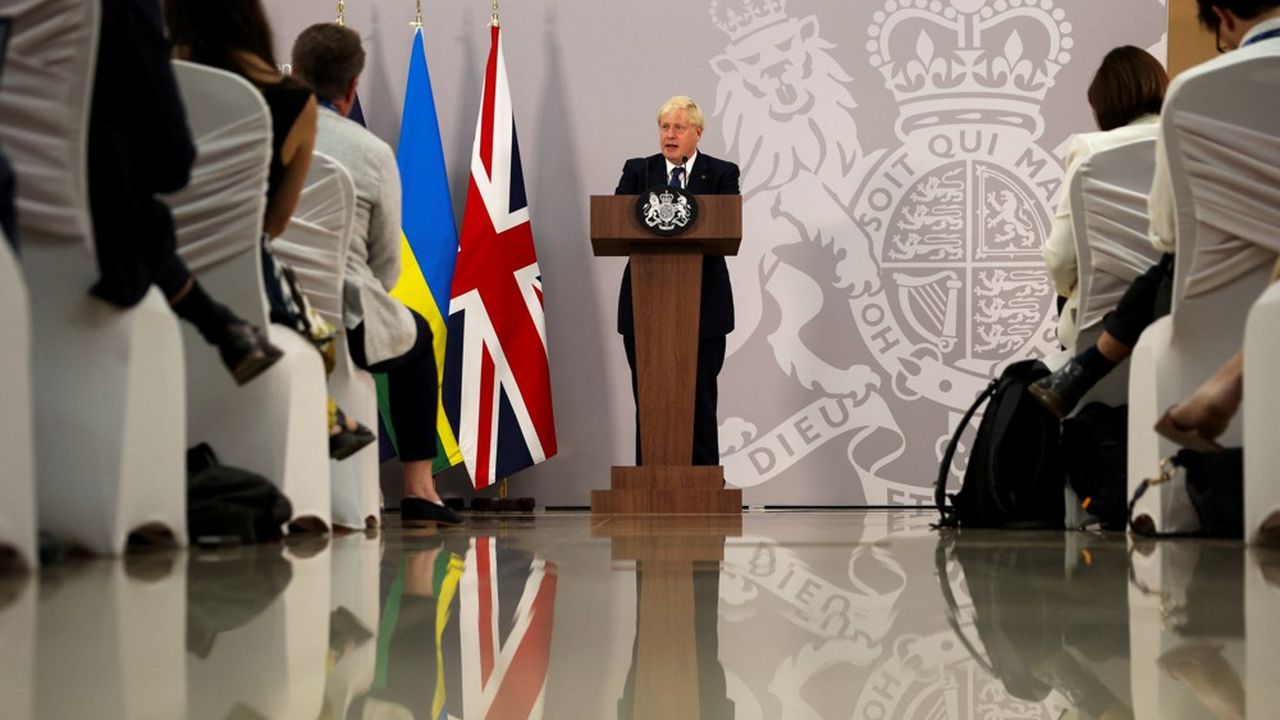blasphemy! Two former French colonies, Gabon and Togo, joined the Commonwealth on Saturday. The organization is made up of some fifty countries, most of which are former British colonies with the common goal of maintaining strong historical and cultural ties to the British crown.
The announcement was made at the end of the Commonwealth’s annual meeting in Rwanda, a country ruled with an iron fist by Paul Kagame and which signed a deal last month to welcome migrants deported by London.
The decline of Paris’ soft power in Africa
Togo’s Secretary of State for Foreign Affairs Robert Dussey said membership in the Commonwealth and its 2.5 billion consumers offered new economic and educational opportunities and sparked a “craze” for English among his compatriots. “Many opportunities are available to us at the economic, diplomatic and cultural levels,” added Gabon President Ali Bongo.
The rally illustrates the decline in France’s sphere of influence in Africa by some, and the effectiveness of British soft power by others. True, the Commonwealth, which was launched just three years before Elizabeth II ascended the throne 70 years ago, is in good health.
It now has 54 countries that cover a third of humanity on all continents, compared to just nine originally (UK, Canada, Australia, New Zealand, Ireland, South Africa, Pakistan, India and Sri Lanka). The boom in its workforce is linked to the independence and decolonization movement, but also shows that the former colony wants to maintain strong ties to London.
Commonwealth, galaxy without constraints
The strength of the Commonwealth also lies in the absence of political and administrative oversight, and preferential economic ties. Its charter is reduced to a commitment to democracy and the rule of law, which is practiced by the majority of its members, even if the inclusion of Togo and Gabon raises some questions: both were ruled by political dynasties for half a century and appear impeccable in terms of human rights.
The expansion of this organization is the first since the accession of Rwanda, another semi-French state, in 2009. The first non-English speaking country and without historical ties to London to enter the Commonwealth was Mozambique, a former Portuguese colony, in 1995. Only two countries, Ireland and Zimbabwe, who have been away since 1949, although temporary withdrawals or expulsions have been issued for fundamental human rights violations.
If the Commonwealth is chaired by Elizabeth II, who opens each of its annual summits – directly or represented by her son, the Prince of Wales, as was the case this year – only a quarter of its members recognize her as head of State (Australia, Canada, New Zealand, a dozen countries in the Indies). West and Pacific). Thirty-three of them are republics (India, Pakistan, South Africa, Nigeria, etc.) and five are monarchies (Brunei, Swaziland, Lesotho, Malaysia and Tonga) with their own monarchs.

“Twitter junkie. Hipster-friendly bacon expert. Beer ninja. Reader. Communicator. Explorer. Passionate alcohol geek.”







